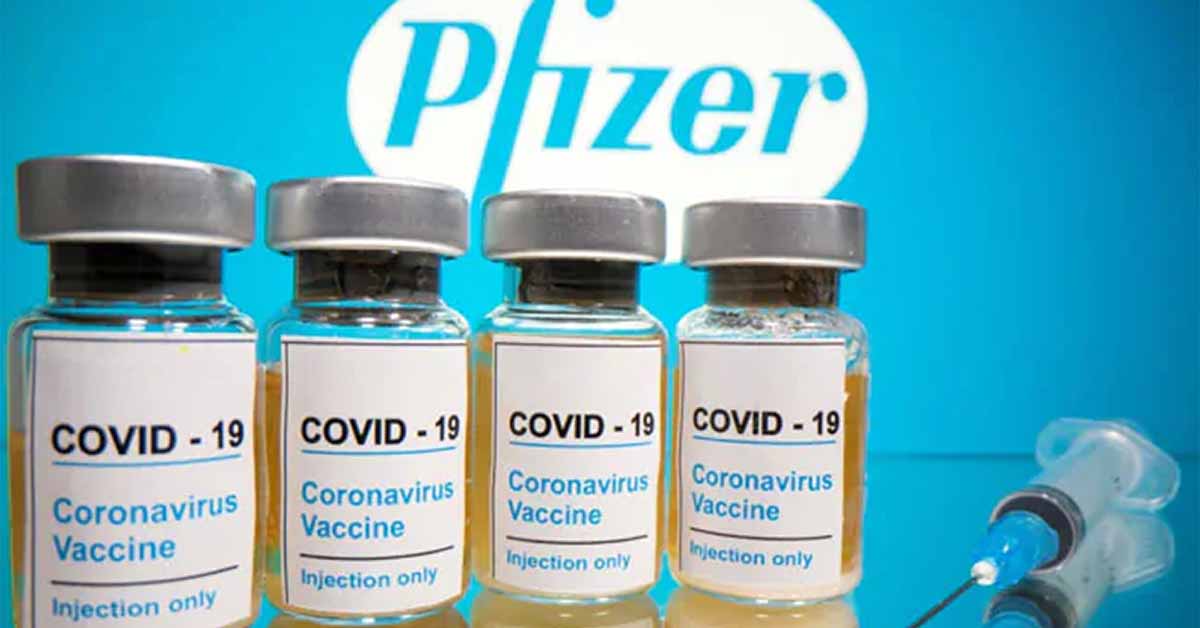Important note: This article is intended for those who understand vaccines as critical to maintaining their health and that of their families. It is NOT intended for those who are anti-vaccine and as such is NOT intended to foster a discussion on the merits of vaccines in this forum. It is also NOT intended to foster a discussion of the lethality of COVID-19 or the need for civic action to limit the spread of the disease.
A new study published in the journal JAMA Network Open confirms most highly allergic adults were able to receive the two-dose Pfizer/BioNTech COVID-19 vaccine safely.
The study, conducted at Sheba Medical Center in Ramat-Gan, Israel, looked at 8,102 individuals with a history of allergy and used an algorithm to identify those that were “highly allergic”.
The group of 429 individuals deemed highly allergic had an extensive history of allergic reactions, including:
- prior anaphylaxis — 63.2%;
- multiple allergies — 30.3%;
- multiple drug allergies — 32.9%;
- carriers of epinephrine auto-injectors — 22.1%;
- food allergy — 15.9%;
- regular use of antihistamines — 14.5%.
These were flagged to receive both doses of the vaccine and monitored for two hours by medical professionals.
Of the highly allergic group, 98% experience no allergic reactions, 6 patients had mild allergic responses, and 3 (0.7%) had anaphylaxis.
Of the three patients that experience anaphylaxis, to were treated with epinephrine, antihistamines, and an inhaled bronchodilator, and the remaining patient also received systemic glucocorticoids. Symptoms resolved within 2 to 6 hours and no patients required hospitalization.
The researchers wrote:
This finding suggests that, although the precise risk factors for allergic reactions to the [Pfizer/BioNTech] vaccine are yet to be revealed, prior high-risk allergies may enable screening of patients at risk for allergic response to this vaccine. Nonetheless, most patients in our cohort were safely immunized and all allergic and anaphylactic reactions were treated successfully at the immunization site with no requirement for hospitalization and/or further intervention. Furthermore, most high-risk patients who did not experience any adverse events from the first dose also did not exhibit a reaction to the second dose.





